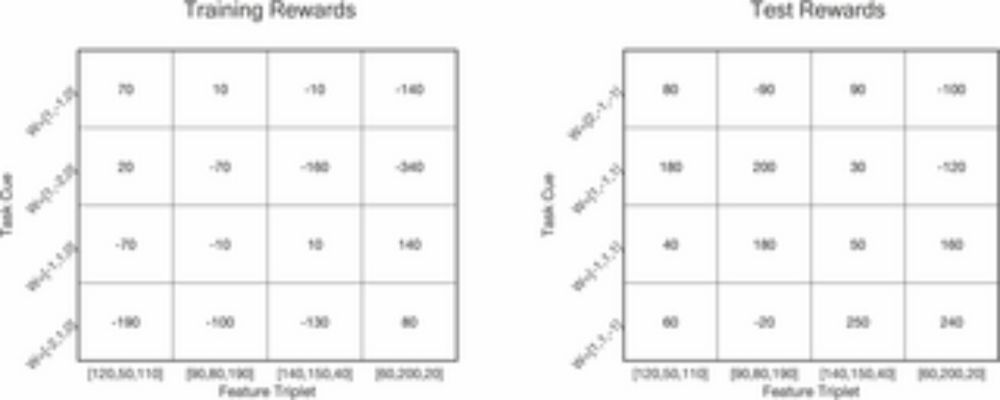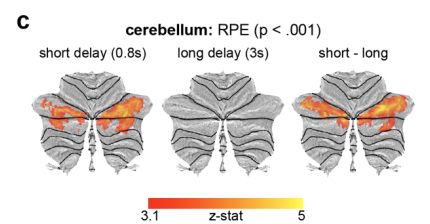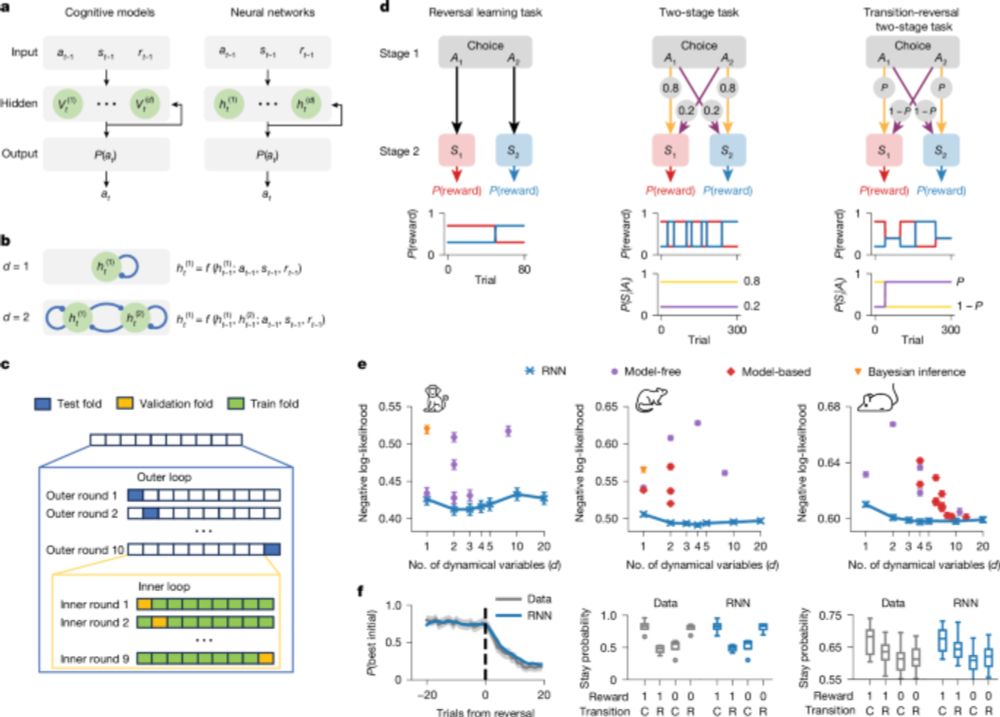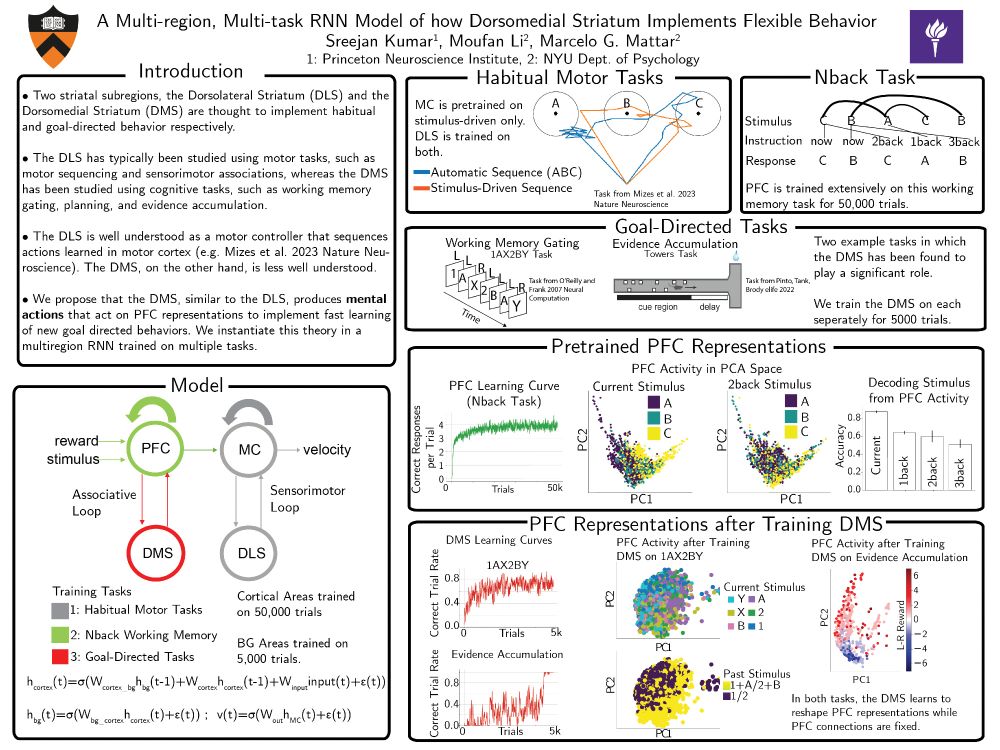Jonathan Nicholas
@jonathannicholas.bsky.social
1.2K followers
300 following
24 posts
postdoc at nyu | (episodic) memory and decision making | jonathanicholas.github.io
Posts
Media
Videos
Starter Packs
Reposted by Jonathan Nicholas
Reposted by Jonathan Nicholas
Reposted by Jonathan Nicholas
Sreejan Kumar
@sreejan.bsky.social
· Sep 6

Sensory Compression as a Unifying Principle for Action Chunking and Time Coding in the Brain
The brain seamlessly transforms sensory information into precisely-timed movements, enabling us to type familiar words, play musical instruments, or perform complex motor routines with millisecond pre...
www.biorxiv.org
Reposted by Jonathan Nicholas
Mariam Aly
@mariamaly.bsky.social
· Aug 9
Reposted by Jonathan Nicholas
Reposted by Jonathan Nicholas
Akram Bakkour
@akrambakkour.bsky.social
· Jul 31
Reposted by Jonathan Nicholas
Reposted by Jonathan Nicholas
Anna Schapiro
@annaschapiro.bsky.social
· Jul 16
Zhenglong Zhou
@neurozz.bsky.social
· Jul 16

A gradient of complementary learning systems emerges through meta-learning
Long-term learning and memory in the primate brain rely on a series of hierarchically organized subsystems extending from early sensory neocortical areas to the hippocampus. The components differ in t...
bit.ly
Reposted by Jonathan Nicholas
Nico Schuck
@nicoschuck.bsky.social
· Jun 6

Neural evidence that humans reuse strategies to solve new tasks
Humans can apply solutions used in past problems to new problems. In this study, the authors reveal the neural correlates of this process, known as generalization, and show that humans apply past poli...
journals.plos.org
Reposted by Jonathan Nicholas
Reposted by Jonathan Nicholas
Qihong (Q) Lu
@qlu.bsky.social
· May 8
Reposted by Jonathan Nicholas
Reposted by Jonathan Nicholas
Katie Insel
@katieinsel.bsky.social
· Apr 23
Reposted by Jonathan Nicholas
Reposted by Jonathan Nicholas








